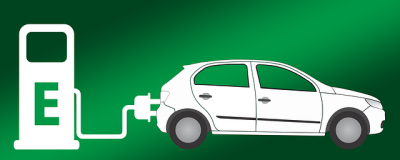That is something that is discussed in technical forums, but almost no one insists on the serious problems that drivers of an electric car encounter when the temperature drops below -20ºC as has happened in many places this winter.
The main reason why electric cars lose range when cold is that lithium-ion batteries, which are the most used in electric cars, lose efficiency at low temperatures. This is because the chemical processes that take place in batteries slow down when the temperature drops.
Specifically, the viscosity of the electrolyte, which is the fluid that transports lithium ions, increases at low temperatures. This makes it more difficult for ions to flow through the electrolyte, reducing the battery's ability to store energy.
In addition, the thermal conductivity of batteries also decreases at low temperatures. This means that the battery takes longer to warm up, which also reduces autonomy.
In general, it is estimated that the range of electric cars can be reduced by 10 to 20% in cold conditions. In temperatures of -10ºC, the autonomy can be reduced even further, up to 30% or 40%.

And when temperatures drop to around -20ºC the problems increase. The batteries take much longer to charge and the car's range is reduced much more.
I have read some articles about the problems that electric car owners have had due to the cold and snow storms suffered earlier this year in the USA.
When temperatures drop too low, the batteries must be “warmed up” to make them work a little better, and that consumes energy and takes a certain amount of time to produce. And since that energy comes from the battery itself, a part of its charge is lost and cannot be used to move the car.
This is an inconvenience that users must be aware of, because the manufacturers are very clear about it and in cases of extreme cold they advise “conditioning” the battery, that is, heating it, before recharging it or operating with it.
Electric car manufacturers are working to improve the performance of their vehicles in cold conditions. Some of the solutions being studied include:
- Use more insulating materials: More insulating materials would help keep the battery warm.
- Develop new batteries: New batteries, such as solid-state batteries, could be less sensitive to cold.
With the development of these technologies, electric cars will become increasingly reliable and efficient in cold conditions.
Therefore, those of us who like electric cars have reasons to be optimistic, because the future is going to get better.

